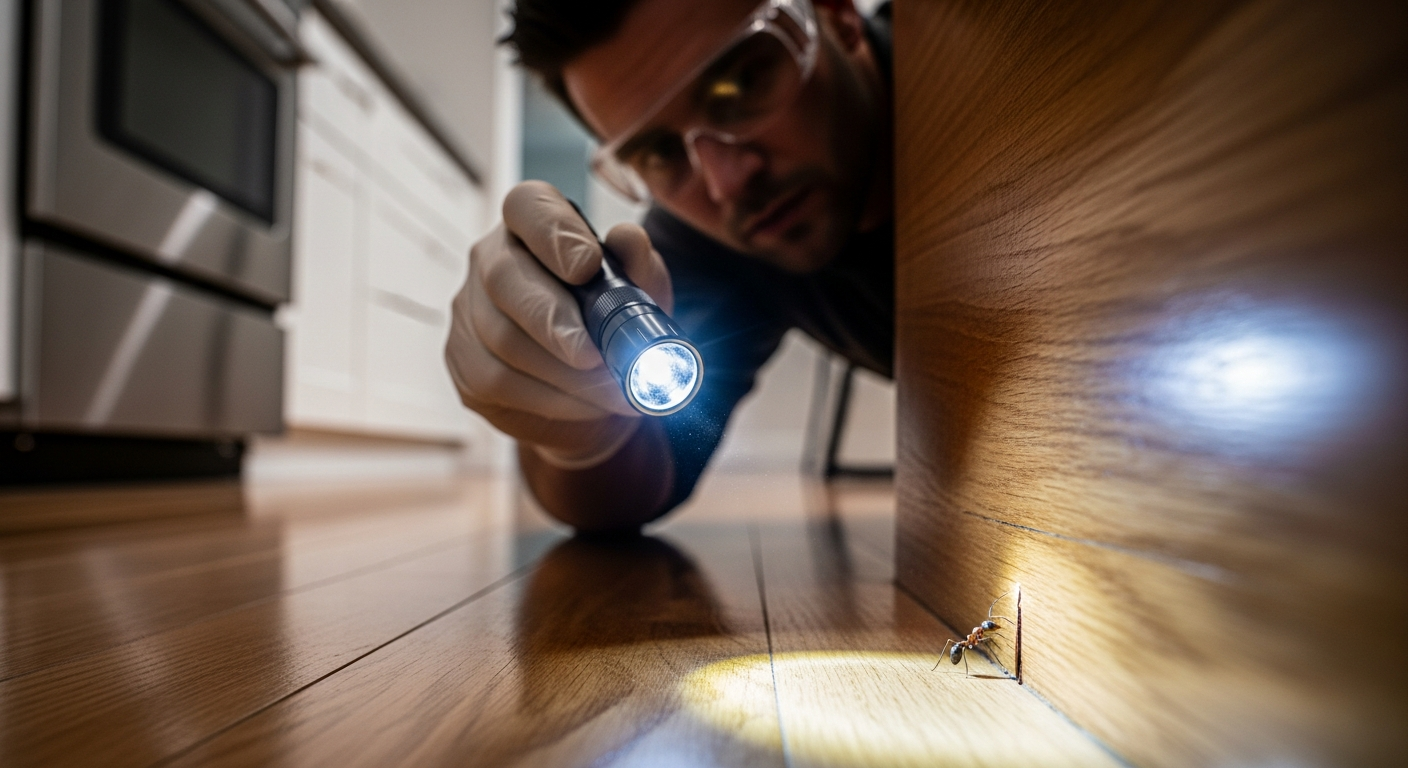The Rising Prevalence of Solitude in the Modern Era
In the hustle and bustle of the contemporary world, solitude has emerged as an increasingly prevalent phenomenon. Once correlated with loneliness and isolation, solitude is now being redefined as a desirable state of being. This article explores the growing trend of solitude, tracing its historical context, sociological developments, and implications on modern society.

Solitude: A Historical Overview
Solitude has been a central theme in human existence and thought throughout history. Ancient philosophers, such as Aristotle and Plato, often regarded solitude as a gateway to introspection and self-discovery. In medieval times, solitude was seen as a spiritual retreat, a way to connect with the divine. Over time, however, industrialization and modernization have transformed solitude into a rare commodity. The rise of urban centers, coupled with technological advancements, has made constant social interaction a norm, relegating solitude to the periphery of our lives.
Solitude in Today’s Society
In today’s hyper-connected world, solitude is experiencing a resurgence. A series of social and cultural shifts contribute to this trend. The rapid pace of modern life and the overwhelming demand for constant connectivity have led many to seek out solitude as a refuge. Additionally, the global pandemic has imposed a state of enforced solitude upon many, changing perceptions about the value and appeal of spending time alone.
The Sociological Perspective
Research reveals a shift in societal attitudes towards solitude. Once associated with negative connotations of loneliness and isolation, solitude is now correlated with positive aspects such as self-reflection, creativity, and mental health. A study by the University of Buffalo found that people who value spending time alone exhibit lower levels of depression and higher levels of self-esteem. This research substantiates the changing societal attitudes towards solitude and its emerging role in personal growth and overall well-being.
The Cultural Impact
The rise of solitude is not just a social phenomenon; it has also left its imprint on our cultural landscape. The concept of ‘solo living’ is gaining popularity, with more people embracing the freedom and independence it offers. Even in popular media, the narrative has shifted from portraying solitude as something to be avoided to something to be sought after. This cultural shift mirrors our evolving understanding of solitude and its role in our lives.
Future Implications
The redefinition of solitude is shaping modern society in profound ways. As people increasingly value time spent alone, societal norms and expectations are changing. The growing acceptance of solitude is challenging traditional views of happiness and success, which often rely heavily on social interactions and relationships. In the future, we can anticipate a society that places greater emphasis on individual well-being and personal growth, redefining the concept of a fulfilled life.
In conclusion, the rising prevalence of solitude in the modern era is a testament to our evolving society. As we continue to navigate the complexities of the 21st century, solitude offers a welcome respite, allowing us to reconnect with ourselves and redefine our understanding of happiness and fulfillment.




